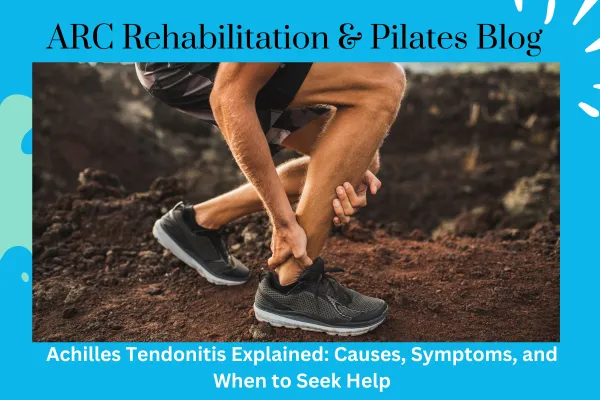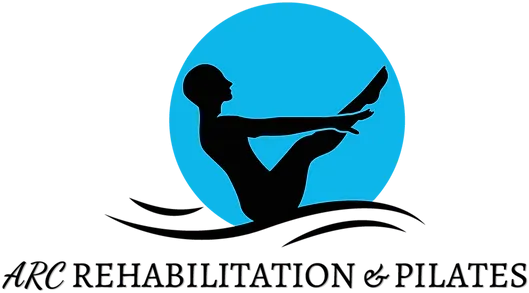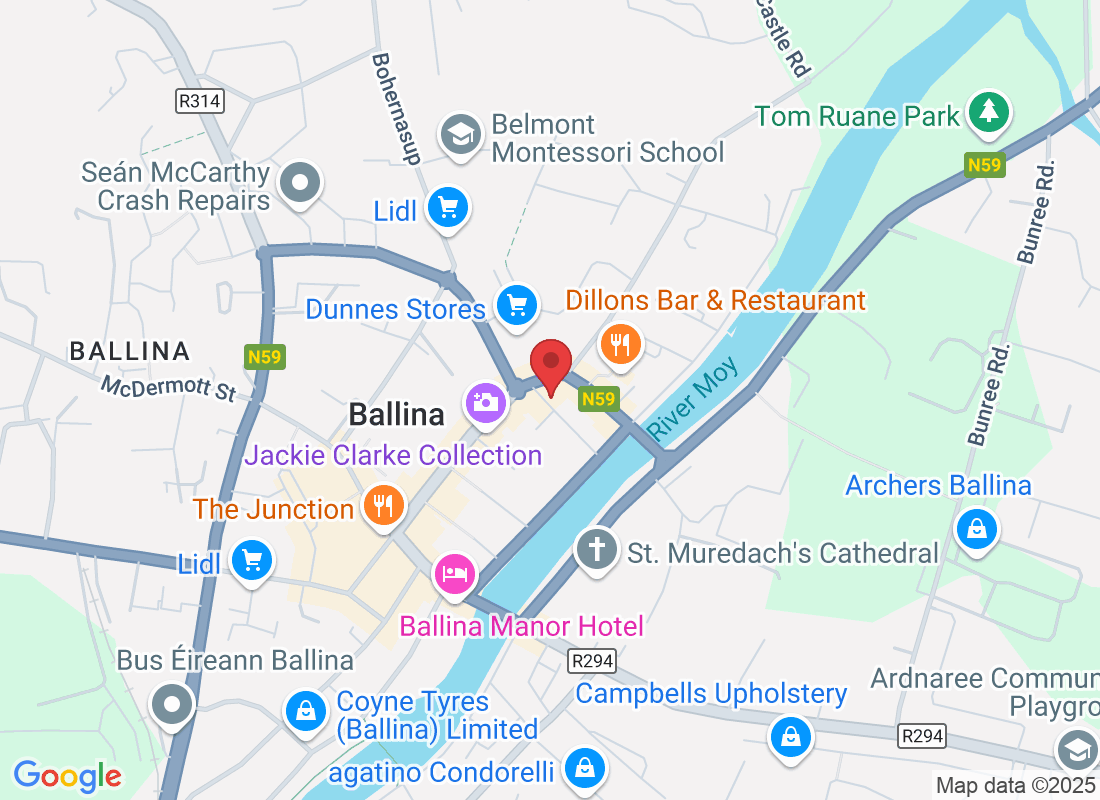Tips & Advice From ARC Rehabilitation & Pilates

That Nagging Heel Pain? It Might Be Your Calf: How Calf Tightness Links to Achilles Tendonitis
Let’s be honest—there’s nothing more frustrating than that persistent ache at the back of your heel, especially when it flares up during a walk, a run, or even just standing around the kitchen. If you’ve ever winced stepping out of bed in the morning or felt that dull throb climbing the stairs, you might be dealing with Achilles tendonitis—and your tight calf muscles could be the hidden culprit.
Here at ARC Rehabilitation & Pilates in Ballina, we see this all the time. Many people arrive thinking it’s just an age thing or the after-effects of exercise. But more often than not, the root of the problem isn’t just the heel—it’s what’s going on higher up the chain.
Let’s break it all down in plain terms so you know exactly what’s happening, why it matters, and what you can do to fix it.
What is Achilles Tendonitis?
Achilles tendonitis is the inflammation of the Achilles tendon—that thick band of tissue connecting your calf muscles to your heel. It’s one of the most used (and abused) tendons in your body, especially if you're active. Overuse, poor movement habits, and yes, tight calves, can all put too much strain on it.
The result? Pain, stiffness, swelling, and in some cases, a sharp pull that can stop you in your tracks.
The Calf Connection: Why Tight Calves Matter
Now, here’s the important part: your calf muscles—especially the gastrocnemius and soleus—attach directly to the Achilles tendon. When these muscles are tight, they pull excessively on the tendon, increasing tension and making it much more vulnerable to irritation.
Tight calves reduce ankle flexibility, change your walking mechanics, and increase the workload on your heel with every step. This is particularly noticeable if you suddenly take up running again, walk on uneven ground, or wear unsupportive shoes.
Think of it like this: a tight rope pulls harder on whatever it’s tied to. The same goes for your calves and Achilles tendon.
How Do You Know If You’ve Got Achilles Tendonitis?
Here are the common signs:
Pain or tenderness in the back of your heel, especially first thing in the morning
Stiffness that eases slightly with movement
Swelling or warmth around the tendon
Pain when walking uphill or pushing off your toes
Difficulty standing on your toes or stretching your ankle
If this sounds familiar, don’t brush it off. Ignoring it can lead to longer-term issues like Achilles tendinosis, where the tendon begins to degenerate.
How We Help at ARC Rehabilitation & Pilates
If you’re based in or near Ballina and looking for guidance on chronic pain management, our team is here to help. We focus on hands-on, evidence-based care that gets to the root cause of your issue—not just treating the symptoms.
When it comes to Achilles tendonitis, that means:
Manual Therapy: To release tight calves and improve ankle mobility
Stretching Programmes: Targeted exercises to lengthen the calf and reduce tendon stress
Strengthening Exercises: Especially for the calf and foot muscles, to build resilience
Posture & Gait Assessment: Identifying how you move and where the strain is coming from
Dry Needling or Taping: As part of a broader treatment plan, if appropriate
We’re not about quick fixes—we’re about helping you heal properly so you can move confidently again.
The Importance of Early Action
Here’s the thing: the longer you wait, the harder it gets to treat. Calf tightness and Achilles tendonitis can become a vicious cycle—pain makes you move less, which makes your muscles tighter, which leads to more pain.
But the good news? With the right support and a bit of consistency, you can break that cycle.
Final Thoughts: You Don’t Have to Limp Through Life
Achilles tendonitis can be annoying, painful, and even demoralising—but it doesn’t have to be permanent. If tight calves are making your tendon scream every time you move, it’s time to deal with the issue head-on.
At ARC Rehabilitation & Pilates, our approach to chronic pain management in Ballina is simple: we listen, assess, and treat with care. We take the time to understand what’s really going on, and then we give you the tools, support, and guidance to get back on your feet—without limping, guessing, or relying on painkillers.
📞 Ready to take the next step? Call us today: 0861763809
📧 Or email: [email protected]
You’ve got places to go and things to do. Let’s get you moving again—comfortably.
Ask ARC Rehabilitation & Pilates And Their Team
Fill in the form to request a call from our team. One of our team members will call you for FREE and answer any questions or concerns you may have about your condition
Where To Find ARC Rehabilitation & Pilates

If you have any questions before scheduling an appointment or for general inquiries, please use the contact us button below. Our team will promptly reach out to assist you.
Opening Hours
Monday: 9:30am – 8:00pm
Tuesday: 9:30am – 8:00pm
Wednesday: 9:30am – 8:00pm
Thursday: 9:30am – 8:00pm
Friday: 9:30am – 1:00pm
Saturday: Closed
Sunday: Closed

